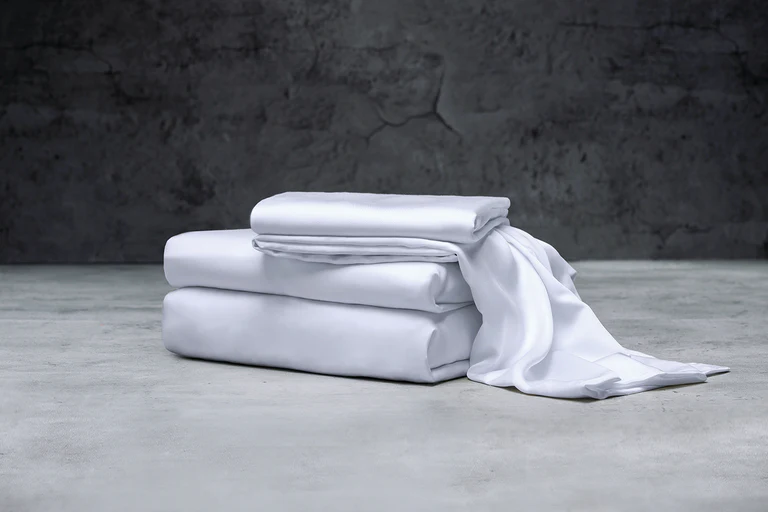تبدو آفاق ألياف اللايوسل المنتجة محليًا متفائلة للغاية.
أولاً, باعتبارها ألياف خضراء وصديقة للبيئة, Lyocell fiber is derived from renewable plant pulp and produced through environmentally friendly processes, with its waste being biodegradable. Given the increasing global focus on environmental protection and sustainable development, the market demand for Lyocell fiber is expected to continue to grow.
Secondly, China’s Lyocell fiber industry has made significant technological breakthroughs and achieved rapid development in recent years. According to public information, the annual production of domestically produced Lyocell staple fiber has exceeded 300,000 tons, and the domestic apparent demand is also growing rapidly. This indicates that China’s Lyocell fiber industry has initially laid the foundation for transforming from a new material to a common textile raw material, and it is expected to find applications in a wider range of fields in the future.
بالإضافة إلى, the emergence of blended yarn made from Lyocell fiber and various materials such as cotton, linen, silk, and wool will further promote the development of the Lyocell fiber industry. With continuous advancements in spinning technology and the emergence of new products, the application prospects of Lyocell fiber in the textile market will become even broader.
لكن, it should also be noted that the Lyocell fiber industry faces some challenges, such as technological barriers and high investment costs. بالإضافة إلى ذلك, although the production of domestically produced Lyocell fiber is increasing, the operating rate of the industry remains low, indicating that the industry needs to focus on improving production efficiency and optimizing resource allocation while expanding capacity.
إجمالي, the prospects for domestically produced Lyocell fiber appear positive, but continued efforts are needed in areas such as technology, market, and policy to achieve sustainable and healthy development.
